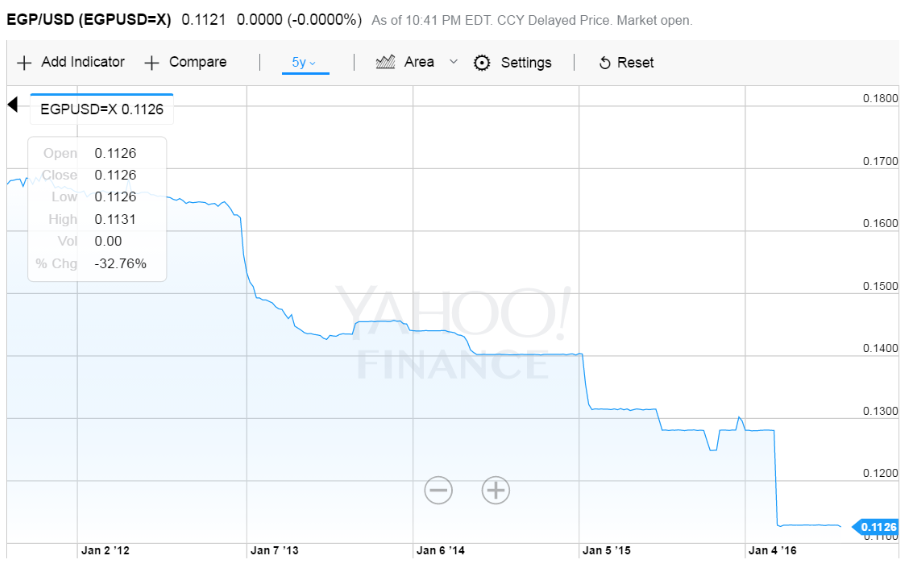Crossposted on Foreign Policy Transitions.

Mubarak’s Egypt was one of the CIA’s favorite destinations under their “extraordinary rendition” program: A human rights-free zone where torture at the CIA’s hands, hampered by delicate legislation, was supervised by the chief of intelligence and Mubarak-era strongman Omar Suleiman himself.
One revolution later, and Morsy’s Egypt, believe it or not, is taking the country one notch lower on the scale of self-respecting nations. After being offered the right price by Tripoli, Morsy’s police forces have arrested a number of Qaddafi loyalists that had fled to Egypt. Chief among them is Ahmed Qadhaf el-Dam (shown above while being arrested), who had served as Qaddafi’s relations coordinator for Egypt; former Ambassador Ali Maria; and Mohamed Ibrahim, the brother of senior Qaddafi-era official Ahmed Ibrahim. They will all be extradited back to Libya.
The price? Two billion U.S. dollars, being deposited by the Libyan government into the Egyptian Central Bank, to help prop up the Egyptian currency.
Lest you think that this is the price for giving up a country’s reputation as a land of hospitality, then be rest assured, there’s more. According to the Egypt Independent:
The Libyan government has agreed to provide Egypt one million barrels of oil per month — to be refined in Egypt — granting it a portion of them to provide much-needed diesel fuel.
Though Egypt and Libya have signed a mutual prisoner extradition agreement dating back to 1992, the case is far from being a straightforward extradition of criminals.
For one, in the overall vindictive environment of Libya towards former Qaddafi officials, there is no guarantee that the people being extradited will stand a fair trial in Libya, as required by the terms of the agreement. Even the Libyan ambassador to Cairo, Mohamed Fayez Gibril, acknowledged in an interview last September that the people whose extradition was being discussed “[should] fear the rebels now (…) They have committed a lot of crimes. They have mistreated jailed Libyans and are afraid of revenge.”
Second, though they had not formally obtained asylum in Egypt, those very individuals were not held in the custody of the Egyptian police, but were living legally in their Cairo homes. Libya has been sending diplomatic delegations to discuss the extradition of a number of Qaddafi officials since mid-2012, but it was only when the smell of the Libyan oil reached the nostrils of the current rulers of the Ittihadeya Palace in Cairo, that the Libyan former officials’ houses were raided and they arrested.
And finally, in the case of Qadhaf el-Dam, it turns out he is half-Egyptian on the side of his mother, thus theoretically qualifying him for Egyptian citizenship. This would be solid ground to refuse his extradition, as he could stand trial in Egypt. His lawyer purports that his parents, from the tribes residing by the Egyptian-Libyan border, are both Egyptian citizens.
This is no defense of Qadhaf-el-Dam and his companions, who should stand trial for their deeds. I have no qualms about extradition per se provided the right legal conditions are met. But that hardly appears to be the case here.
This is a defense of Egypt and its international standing, in the hope that we don’t turn from a land of hospitality to one where the government engages in what is more reminiscent of pirate hostage-taking, than proper international relations conduct.
In a way, I’m glad the Muslim Brotherhood wasn’t in power in 1979. We might have sold Reza Pahlavi to the new rulers in Tehran for a few barrels of crude too.



